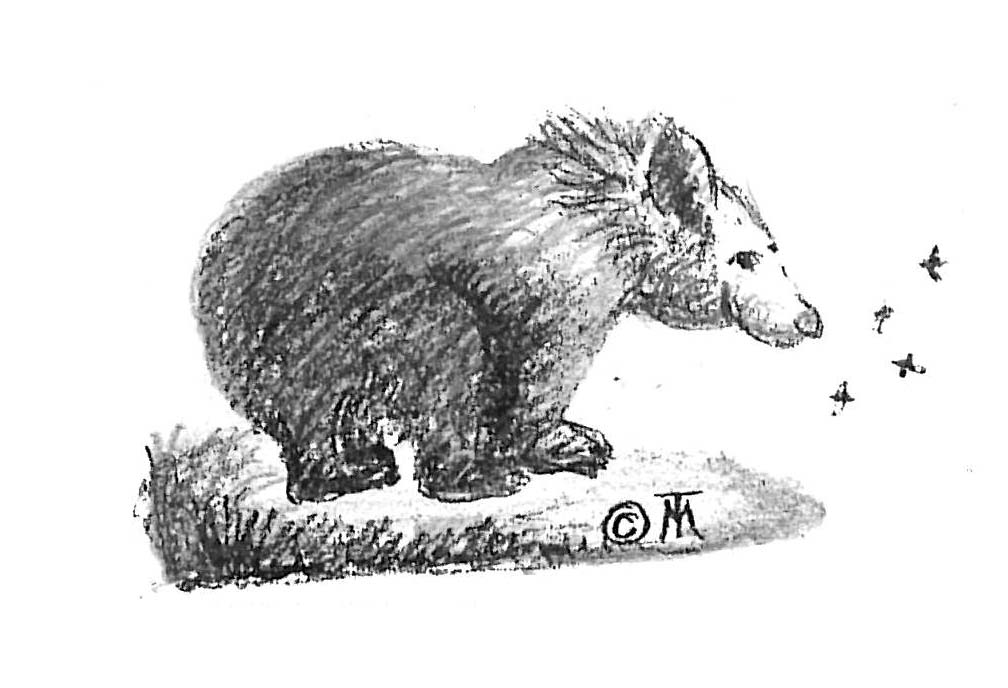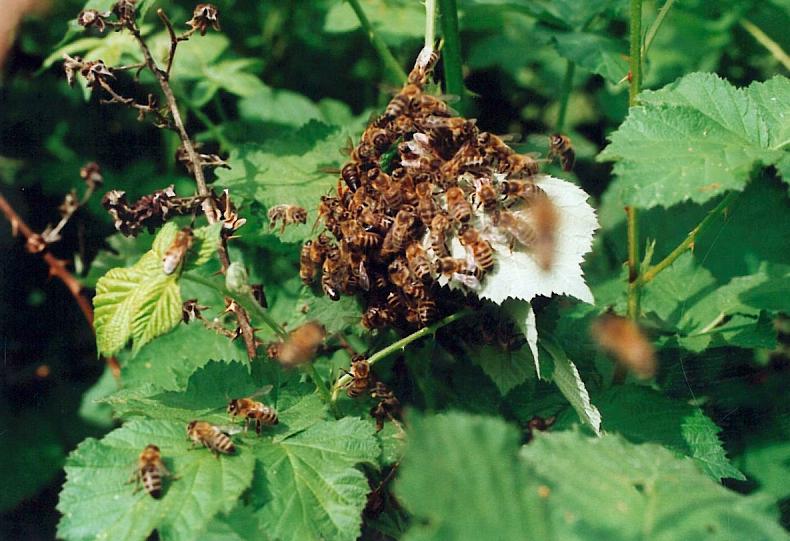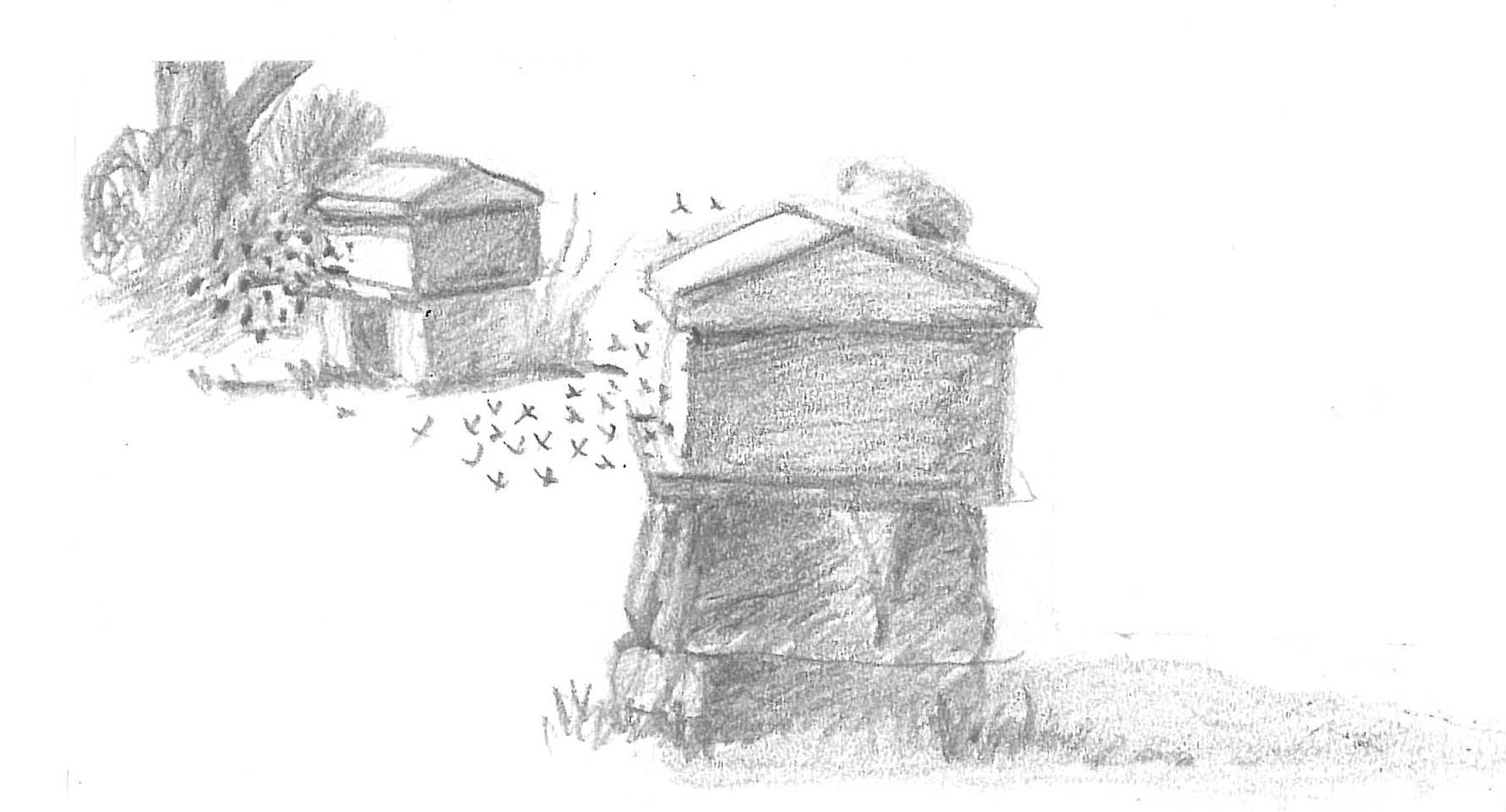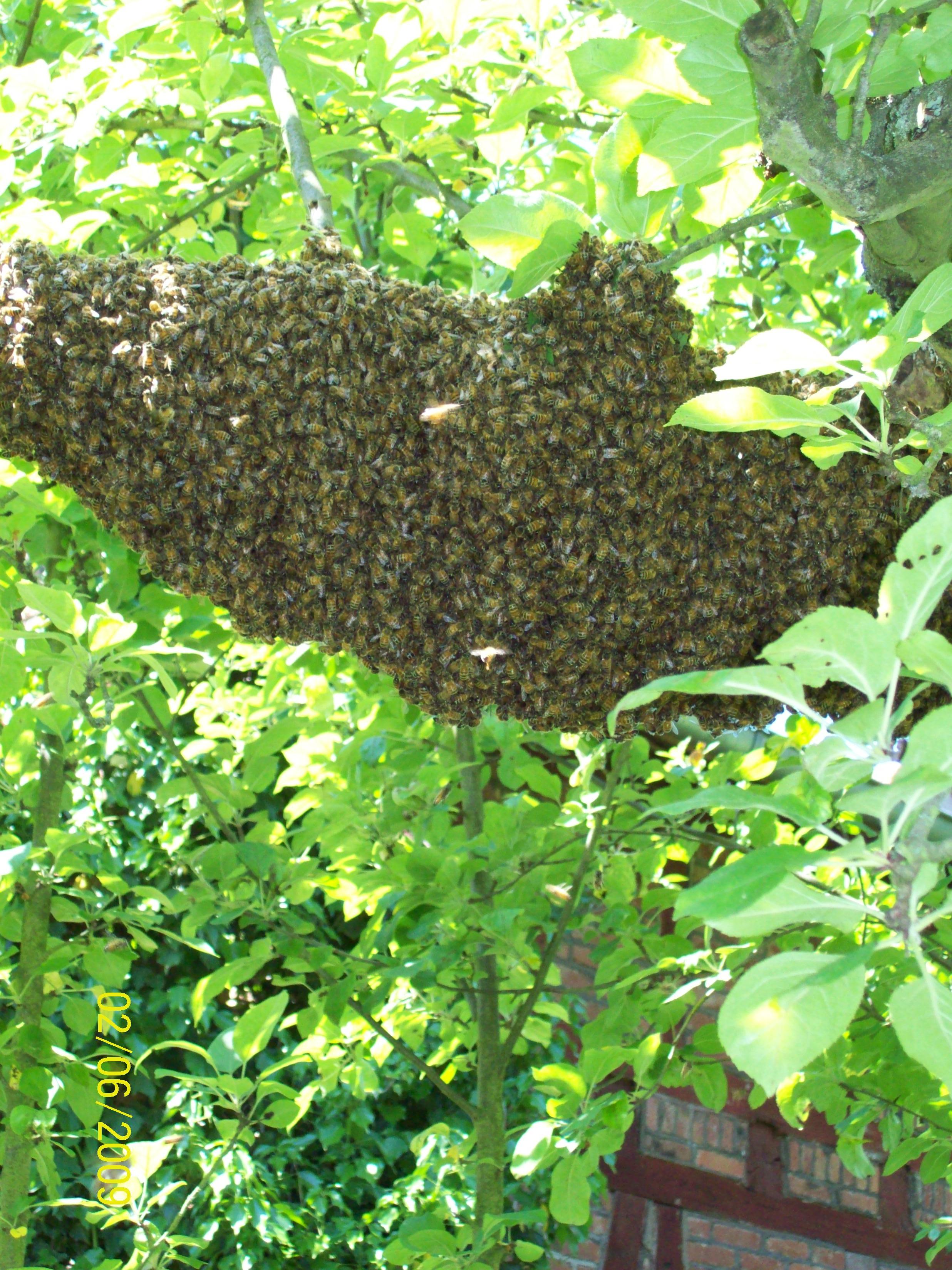Press
Releases




Sign
up for bee-therapy | Beauty-cure
| Anti-aging
| Infertility
| Cancer
of the breast | Hashimoto-Thyreoiditis
|
Crohn's disease
Rheumatism
| Juvenile idiopathic
arthritis | Heart
diseases | Arteriosklerosis
| MS |
Diabetes
| Neurodermitis
| Obesity |
Depression
and Psychosis
Allergies
| Alzheimer
/ Parkinson | Diseases
of the kidneys | Pancreas
| how
to improve fitness of the body
Propolis
| Beeswax | Royal
Jelly | Organic Honey
| Comb in the Comb
| Raw Honey | Organic
Beekeeping Basic Course
Expertise
| Courses | Home
| Research | Save
Beecolonies-Bienenpatenschaft | Certification
| Training
Apitherapy
Api
Review Letters / Science Review Letters
Akademie
der Kunst und Philosophie / Academy of Arts and Philosophy
Save
the Bees, Bumblebees and Beecolonies
Zentrum
fuer wesensgemaesse Bienenhaltung
Centre
for Ecological Apiculture
Forschungszentrum
Bienentherapie / Natural Apitherapy Research Centre
Beetherapy
/ Academy of Sciences
DI.
M. Thiele, President and international Coordinator
Johann Schreiner's "Practical
Dictionary" is instrumental in bringing about an international Basis for
understanding in the green Sector
("Practical Dictionary Environment,
Nature Conservation and Land Use" English/German by Johann Schreiner, first
edition 2004, 556 p. hard cover. 49 €, ISBN 3-8047-2043-9, Wissenschaftliche
Verlagsgesellschaft mbH, Stuttgart/Germany)
Renown
experts mainly from German speaking countries but also from UK, USA, Brasil
and eastern europien countries have contributed to this book and supplied
us with an international basis for understanding in the field of environment,
nature conservation and land use. Similar to economy also in these fields
English has become the common language.
Not altogether very uninteresting is the
history of origin regarding this dictionary. The author, Prof. Dr. rer.
nat. h. c. Johann Schreiner says, he has started together with Peter Wasley
already in 1993 to organize courses for specialist English in nature conservation
and environmental protection. "In 1994 working as a trainee at the North
German Academy for Nature Conservation, now renamed Alfred Toepfer Academy
for Nature Conservation, Emma Hayselden created the basis for this dictionary.
From 1995 onwards the specialist English courses were held in cooperation
with Losehall Hall, the Peak National Park Centre. Its principal Peter
Townsend helped develop these courses both in the UK and other Europien
countries" (XI).
Remarkable is that this practical dictionary
consists not only of specialist terms, but also includes colloquial used
words connected with the various subjects. Who knows for instance the German
word for "back-to-nature freak" , "backpacker" or "not in my backyard"?
Which subject fields covers the dictionary?
Environment: air pollution abatement, chemicals in the environment, environmental
administration, environmental communication, environmental education, environmental
engineering, environmental ethics, environmental history, environmental
information, environmental legislation, environmental non-governmental
organizations, environmental policy, environmental research, noise abatement,
preventive health care, radiation protection, recycling, waste;
Nature Conservation: biotope conservation,
climate protection, conservation of water recources, ecology, landscape
management, landscape planning, recreational provision, soil conservation,
wildlife conservation;
Land use: fishery, forestry, hunting,
agriculture, regional planning, settlement developement, water management.
Naturally you won't find each word you're
looking for - for instance are missing the terms: " wesensgemäße
Bienenhaltung" (a kind of ecological beekeeping) or "Ruhepolsterkantianismus"
(a special kind of kantianism). However, it is a very useful dictionary
for the practitioner - on top of that "the dictionary will be updated in
future. Notes to the author are wellcome" (XII), as the author says.
Interesting and useful references and instruction
on how to use this dictionary complete the book.
Online-Order:
www.wissenschaftliche-verlagsgesellschaft.de
2003 December 19
T+T Consult
Further Informations:
going to be published in: Natural
Sciences
3
(1) 2004

